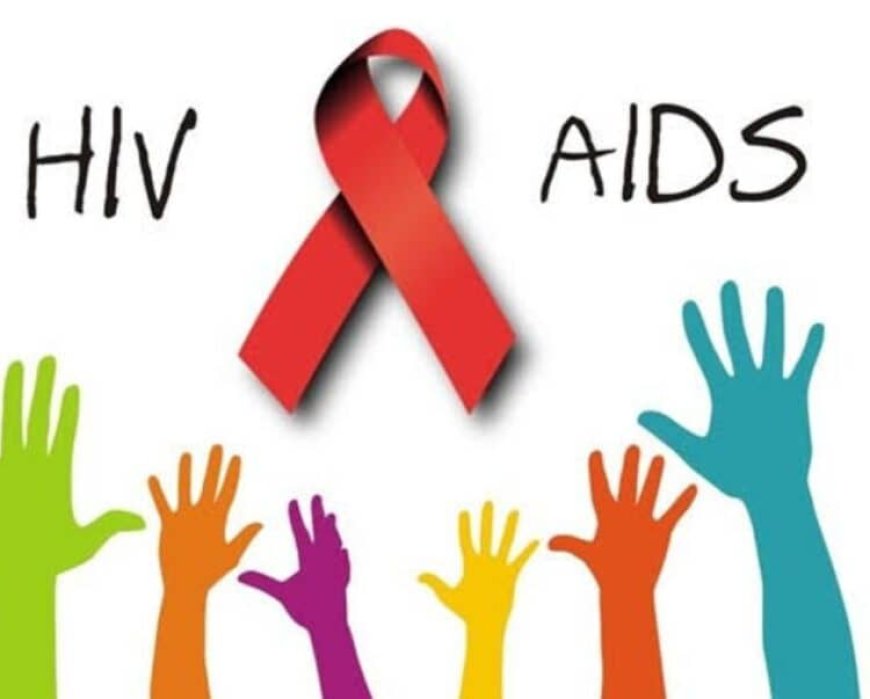Over 2m HIV/Aids Cases Recorded in Nigeria, As Rivers, Benue, Akwa Ibom Top Chart, says NACA

Hannah Arikpo
In Nigeria’s latest HIV spectrum estimates, three states including Rivers, Benue, and Akwa Ibom have emerged top on the chart with a combined total of over half a million people living positively with the deadly virus.
The new data from the National Agency for the Control of AIDS (NACA), reveals that, Rivers State tops the chart with 208,767 cases, followed by Benue (202,346) and Akwa Ibom (161,597)
underscoring the urgent need for intensified efforts in prevention, early detection, and access to treatment.
Lagos State, Nigeria’s commercial hub, ranks fourth with 108,649 reported cases, trailed by Anambra (100,429) and the Federal Capital Territory (83,333).
Other high-prevalence states include Delta, Imo , Enugu, and Edo which record about 70,000 cases each while the middle prevalence tier features Taraba, Abia, Kaduna, Kano, Plateau, Borno, and Oyo states as Cross River, Ogun , and Nasarawa also fall into this range.
Further down the list, Adamawa (40,059), Gombe (31,825), Jigawa (31,409), Osun (30,714), and Niger (29,756) were recorded. States like Bauchi (28,698), Kogi (28,421), Ondo (27,150), and Katsina (26,788) make up the lower-middle category, with Bayelsa reporting 25,339 cases.
Kwara (20,259), Kebbi (19,339), Ekiti (18,857), Sokoto (15,223), Ebonyi (14,151), Zamfara (13,253), and Yobe (11,956) had the lowest number of recorded cases.
Alarmingly, the data shows that 43,683 people died from HIV-related causes in the past year—28,589 of them adults (13,650 men and 14,939 women), and 15,094 children under 14.
Treatment coverage has expanded significantly, with 1,735,808 people on antiretroviral therapy (ART), including 1,690,057 adults and 45,751 children. Viral suppression has also improved—of the 1.16 million tested, 1,112,339 achieved suppression, including over 1 million adults and 29,162 children.
Yet, a troubling gap persists in prevention for pregnant women. Of the 93,186 women identified as needing ART to prevent mother-to-child transmission, only 31,095 received the necessary treatment.
Speaking on the situation, NACA’s Director-General, Dr. Temitope Ilori, reassured Nigerians of the government’s commitment to sustaining HIV care.
“The Federal Executive Council approved $1.07bn to finance healthcare sector reforms under the Human Capital Opportunities for Prosperity and Equity programme. Additionally, N4.8bn was approved for HIV treatment, and the Nigerian Senate has recently allocated N300bn to the health sector in the 2025 budget,” Ilori stated.
She further explained that the funding measures are designed to bridge gaps caused by recent U.S. aid cuts, adding that the government is actively mobilising resources to ensure long-term sustainability of HIV services.














































